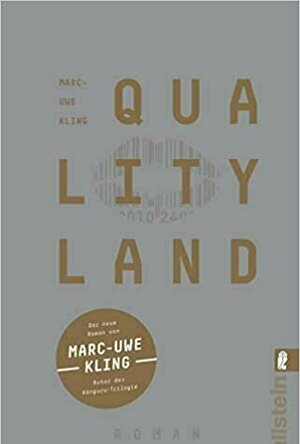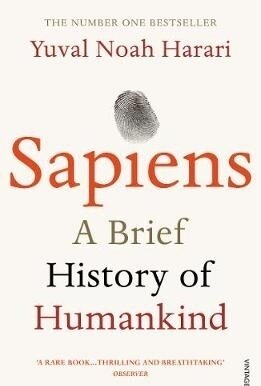BookInspector (124 KP) rated Qualityland: Visit Tomorrow, Today! in Books
Sep 24, 2020
I really liked the narrative of this book, it is constantly changing, diverse, and absolutely absorbing. This novel has a political spice to it, that some people might not like, but I think the rich vs. poor theme suited this book very well. This novel doesn’t have major twists in it, but all the turns and adventures were really interesting and entertaining.
I loved the writing style of this book, it is very thought-provoking, very well researched and educational. I am truly wondering, how Marc-Uwe Kling produced this wonderful book, how he came up with all this. The whole story is quite surreal but makes sense at the same time.
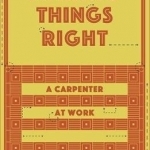
Making Things Right: A Master Carpenter at Work
Ole Thorstensen and Sean Kinsella
Book
A celebration of good craftsmanship by a Norwegian master builder - the anatomy of a job well done....
Brand Islam: The Marketing and Commodification of Piety
Book
From food products to fashions and cosmetics to children's toys, a wide range of commodities today...
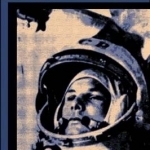
Into the Cosmos: Space Exploration and Soviet Culture
James T. Andrews and Asif A. Siddiqi
Book
The launch of the Sputnik satellite in October 1957 changed the course of human history. In the span...
Philosophy, Technology, and the Environment
Book
Environmental philosophy and philosophy of technology have taken divergent paths despite their...
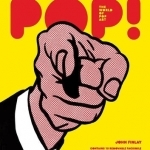
Pop! The World of Pop Art
Book
Pop art is one of the most pivotal movements in modern art. It challenged the conventional idea of...
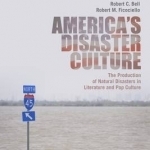
America's Disaster Culture: The Production of Natural Disasters in Literature and Pop Culture
Book
Are we inside the era of disasters or are we merely inundated by mediated accounts of events...

The Georgian Kitchen
Book
A cup of coffee and a slice of cake, a glossy book in hand to cook for friends, Sunday lunch with...

The Arcades Project
Book
"To great writers," Walter Benjamin once wrote, "finished works weigh lighter than those fragments...
BookblogbyCari (345 KP) rated Sapiens: A Brief History of Humankind in Books
Aug 5, 2018
The book is an overview of homo-sapiens as a species, and how we have changed over the ages, and what we have done, before finally touching on where we are going. As such the book is a cross-pollination of history, sociology, and economics.
As you may expect from a book with such a broad scope, there are some sweeping statements, and rather than being a neutral dispassionate account, Harari makes his opinions very evident. However rather than being irritating, I feel this makes for a more entertaining read.
The book begins by introducing the theme of homo-sapiens in the context of the presence of the other human species that used to exist. He then goes on to describe the cognitive and agricultural revolutions. Then it’s the establishment of patriarchal social hierarchies across the world, largely based on historical conventions. Next Harari states that the purpose of religion is to unify fragile societies with superhuman legitimacy.
Harari then moves on to the scientific revolution, describing how an admission of ignorance by Europeans, along with a desire to discover and conquer new lands was key to the movement.
The conversation moves swiftly then to economics, using the fact that a bank can loan £10 for every £1 it has, to argue that our economics is based on trust in the future. Harari states that a country’s credit rating is more important than its actual resources. Harari describes capitalism and consumerism as being 2 sides of the same coin with two commandments: rich must invest, rest of us must buy. Consumerism, he says, aims to convince people that indulgence is good and frugality is self-oppression.
Harari also argues that, now, instead of relying on local communities the individual relies on the market or the state. Parental authority no longer sacred, he says, and state intervenes. And so when Harari asks if we are any happier now than when we were hunter-gatherers, he argues that our rise of wealth is offset by the disintegration of community life.
Harari also speaks of ecological degradation and our tendency to treat other species as a means to an end, for example, the farming of cow's and chickens has cut years off the lives of both, since they are killed as soon as they reach their maximum weight.
In the final chapter, Harari speculates on the future of mankind. With improvements in medical knowledge comes new ethical conundrums, he says. How will we handle the options of genetic engineering? What will the advent of artificial intelligence mean for humanity?
In my book club, we found that the book generated a lot of talking points. What would the world be like now, had the other species of humans survived? Why have so many cultures across history and the world had patriarchal hierarchies? Can societies improve over time, or is one style better than another? Can communism be considered a religion? Are human rights really just a figment of our collective imagination?
Whilst not everyone in my book club enjoyed the book equally, I would say that it’s as enlightening as it is thought provoking. By the end, it was hard to argue with the author's conclusion that homo-sapiens are like dissatisfied and irresponsible gods.
